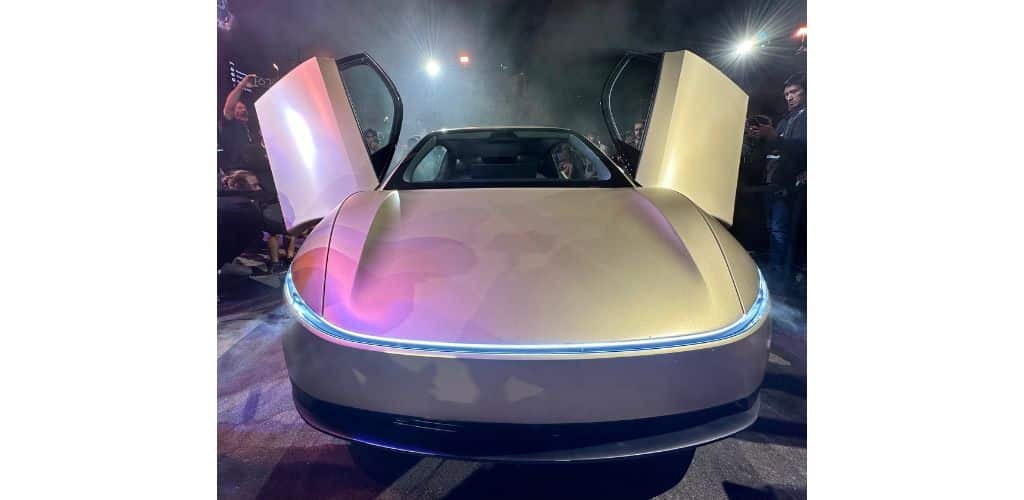Not surprisingly, a lot is happening at the intersection of artificial intelligence (AI) and intellectual property (IP) law.
Here’s a roundup of some recent developments in the area of copyright law and AI.
Copyright Office Denies AI Security Research Exemption under DMCA
The US Copyright Office has issued its final rule adopting exemptions from Section 1201 of the Digital Millennium Copyright Act (DMCA), which prohibits circumvention of technical protection measures to control access to copyrighted works.
To circumvent means
to descramble a scrambled work, to decrypt an encrypted work, or otherwise to avoid, bypass, remove, deactivate, or impair a technological measure, without the authority of the copyright owner.
For example, DVDs of movies and TV shows commonly have copy protection technology.
The Copyright Office denied a request to add an exemption for research on AI systems. Proponents of the exemption sought it
for the purpose of conducting “trustworthiness” research on AI systems. Specifically, they sought to conduct research on harmful or undesirable outputs from generative AI systems, including content that is biased, is sexually explicit, or infringes copyrights.
Former OpenAI Employee Says It Violates Copyright Law
A former OpenAI employee published an essay on a personal website asserting that OpenAI violates US copyright law.
As The New York Times reported, Suchir Balaji worked for the AI company for almost four years.
At the time, he said, he didn’t carefully consider whether the company had a legal right to build its products using copyrighted material. “He assumed the San Francisco start-up was free to use any internet data, whether it was copyrighted or not.”
However, said the Times,
after the release of ChatGPT in late 2022, he thought harder about what the company was doing. He came to the conclusion that OpenAI’s use of copyrighted data violated the law and that technologies like ChatGPT were damaging the internet.
In August, he left OpenAI because he no longer wanted to contribute to technologies that he believed would bring society more harm than benefit.
As the Times explains,
OpenAI, Microsoft and other companies have said that using internet data to train their A.I. systems meets the requirements of the “fair use” doctrine. The doctrine has four factors. The companies argue that those factors — including that they substantially transformed the copyrighted works and were not competing in the same market with a direct substitute for those works — play in their favor.
Balaji also expressed concerns about AI “hallucinations” — generating false and sometimes completely made-up information.
Blade Runner Production Company Sues Tesla for AI-Aided Copyright Infringement
Alcon Entertainment, one of the production companies involved in the 2017 movie Blade Runner 2049 has sued Tesla and Elon Musk for alleged copyright infringement.
According to the complaint,
Defendants requested permission to use an iconic still image (Exhibit A) from Alcon’s “Blade Runner 2049” motion picture (“BR2049” or the “Picture”) to promote Tesla’s new fully autonomous cybercab in an October 10, 2024 event that was livestreamed worldwide from WBDI’s Burbank, California studio lot. Alcon refused all permissions and adamantly objected to Defendants suggesting any affiliation between BR2049 and Tesla, Musk or any Musk-owned company. Defendants then used an apparently AI-generated faked image to do it all anyway.
The complaint alleges that
Defendants apparently fed the Exhibit A Image, and similarly iconic images from the same visual sequence at BR2049’s dramatic core (Exhibit B), into an AI-driven image generator, and then directed the AI to make a lightly stylized fake screen still from BR2049 (Exhibit C). Defendants then made this faked image the second presentation slide of the event, displaying it full screen on the livestream feed for 11 seconds (a marketing and advertising eternity) at the opening of Musk’s cybercab sales pitch remarks.
The Tesla Cybercab was introduced at an event in Burbank on October 10. Tesla says it will be selling the vehicles by 2027.
Just like the haiku above, we like to keep our posts short and sweet. Hopefully, you found this bite-sized information helpful. If you would like more information, please do not hesitate to contact us here.


